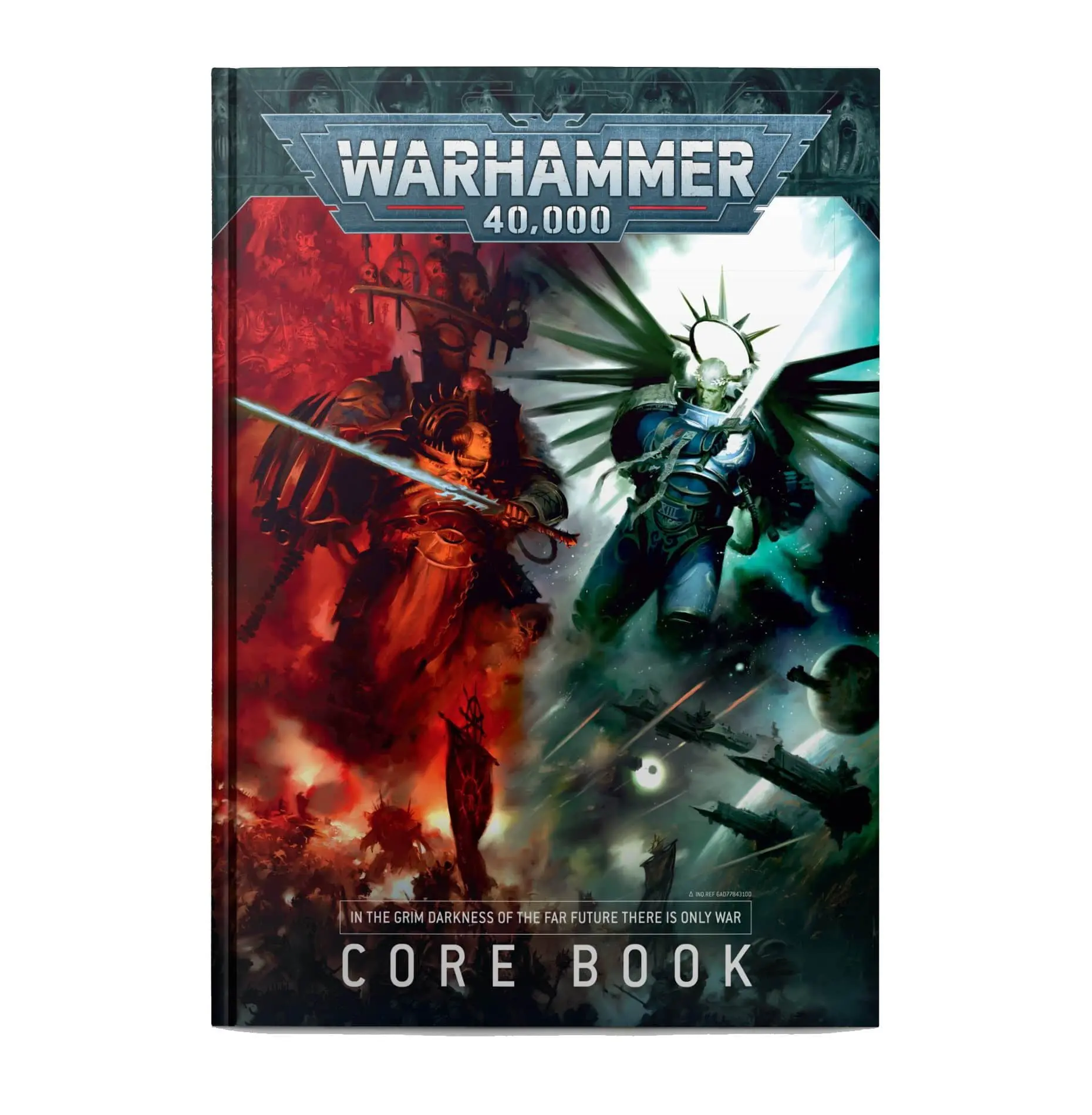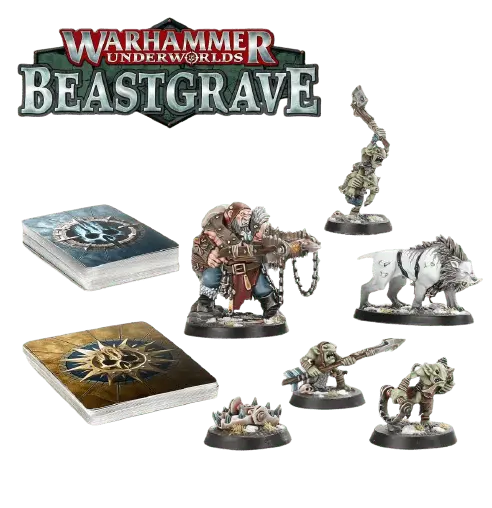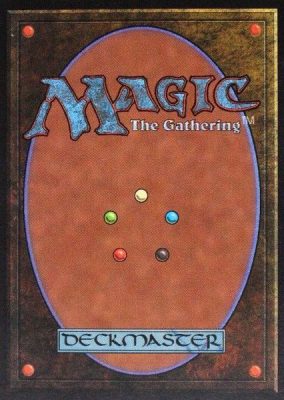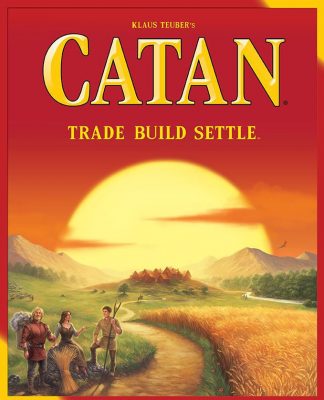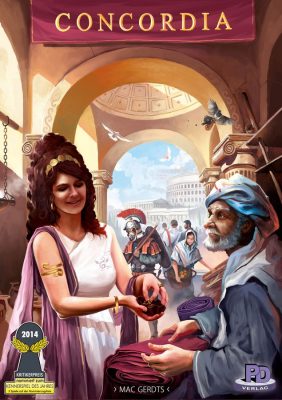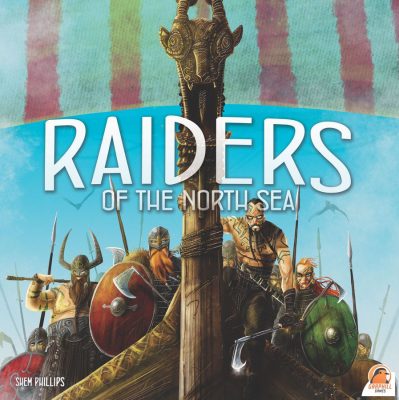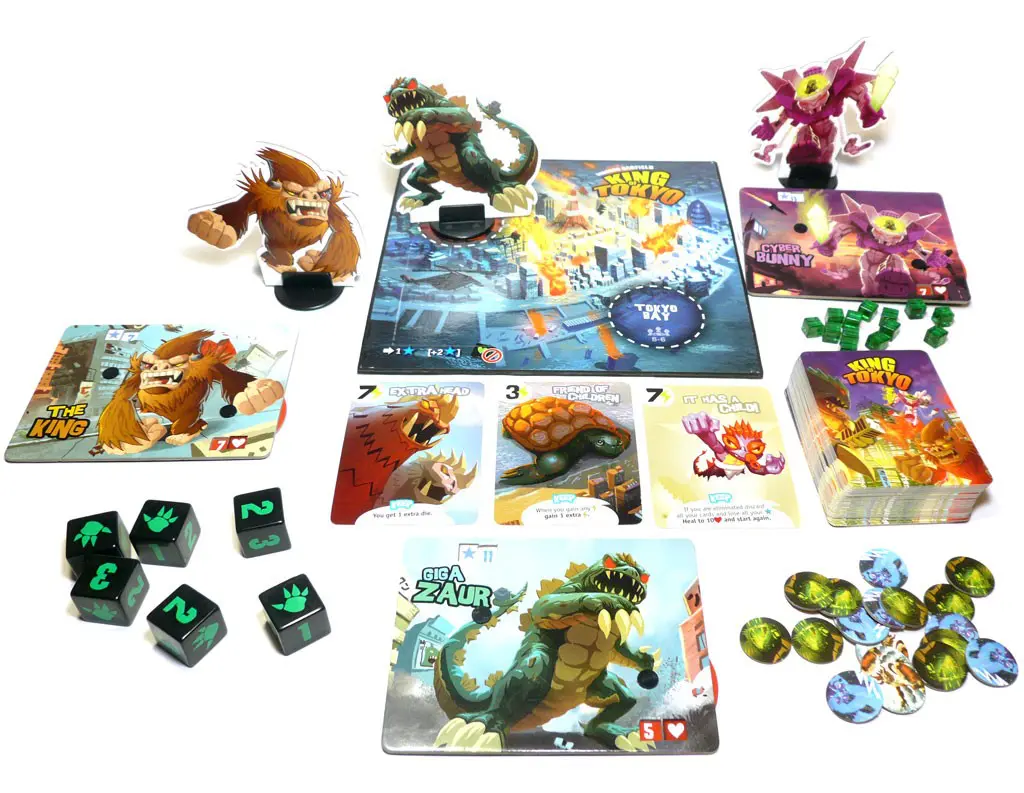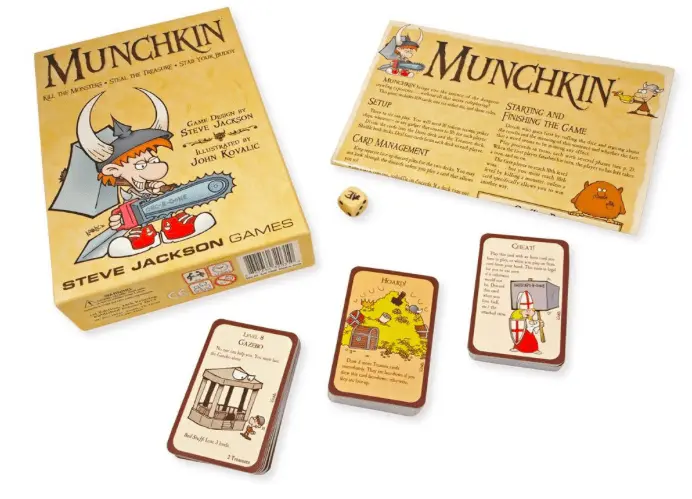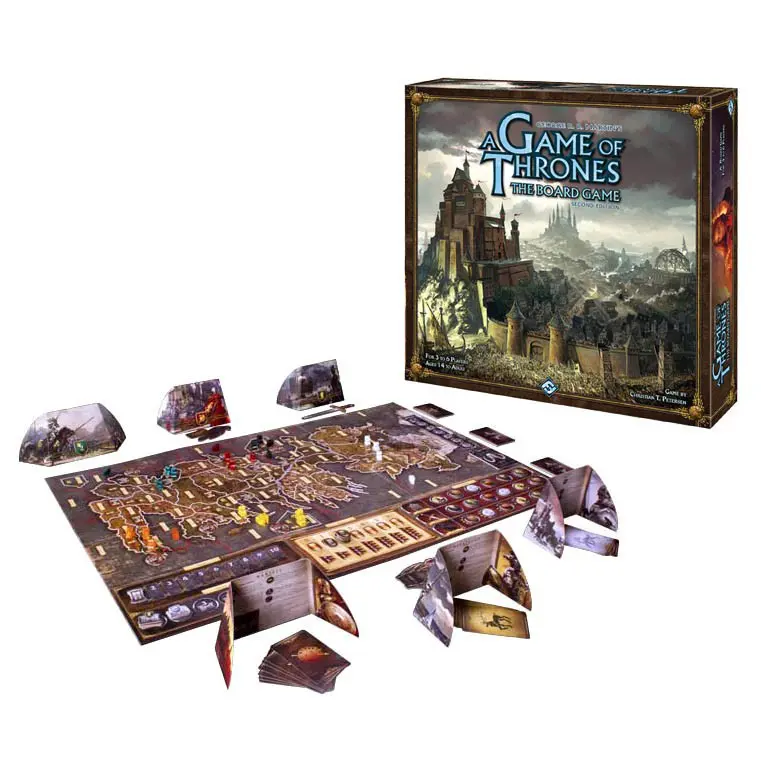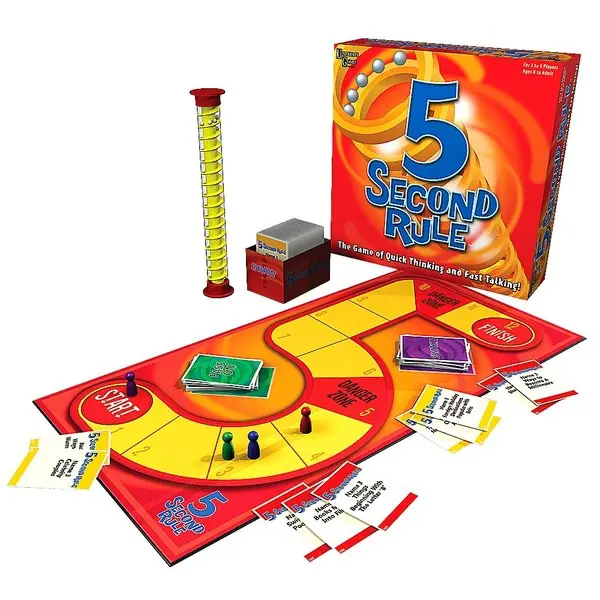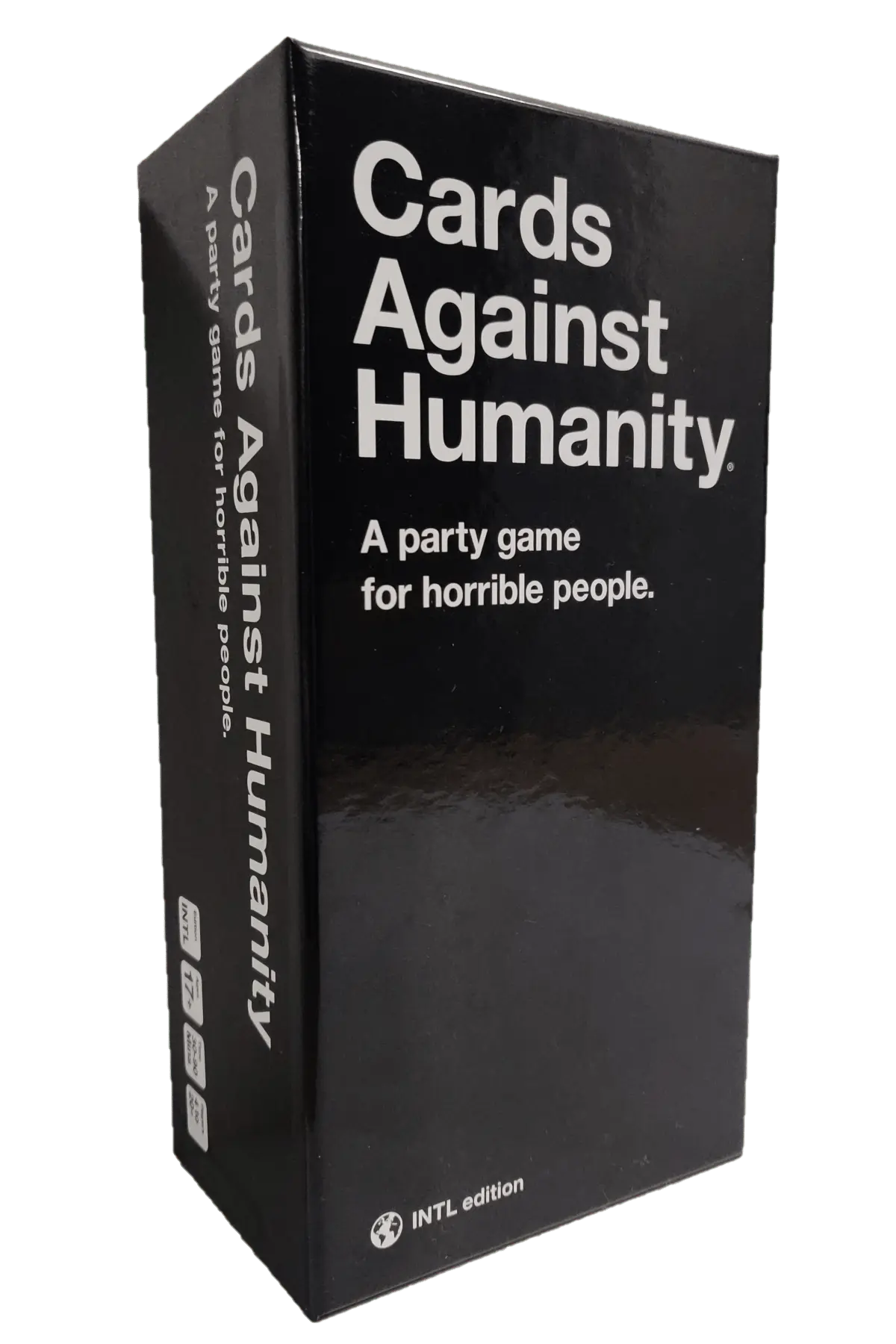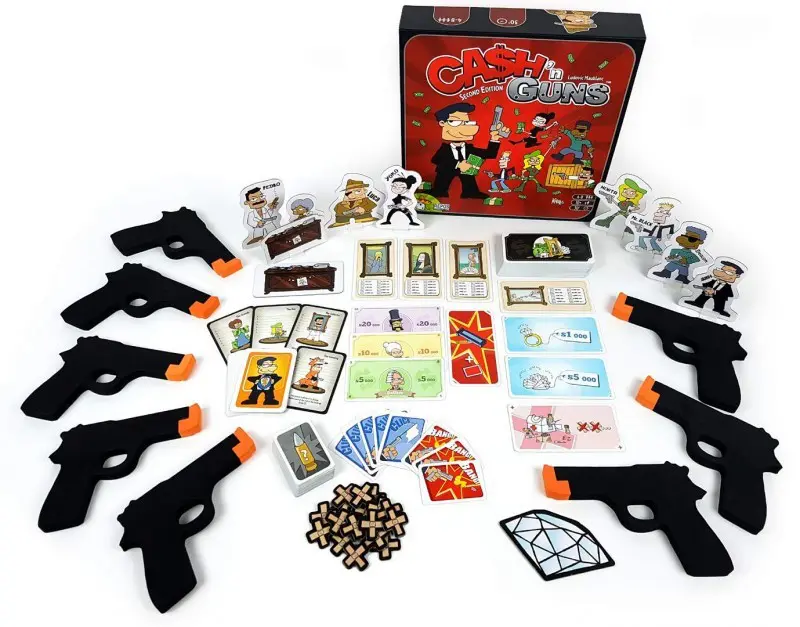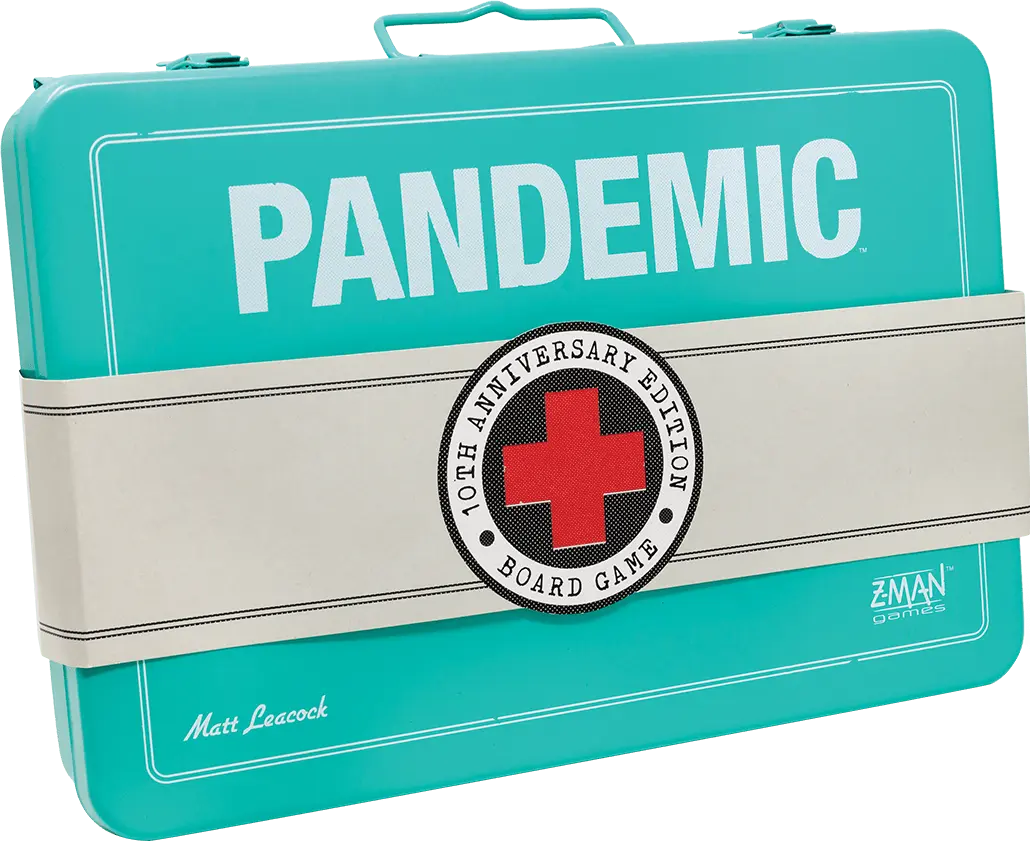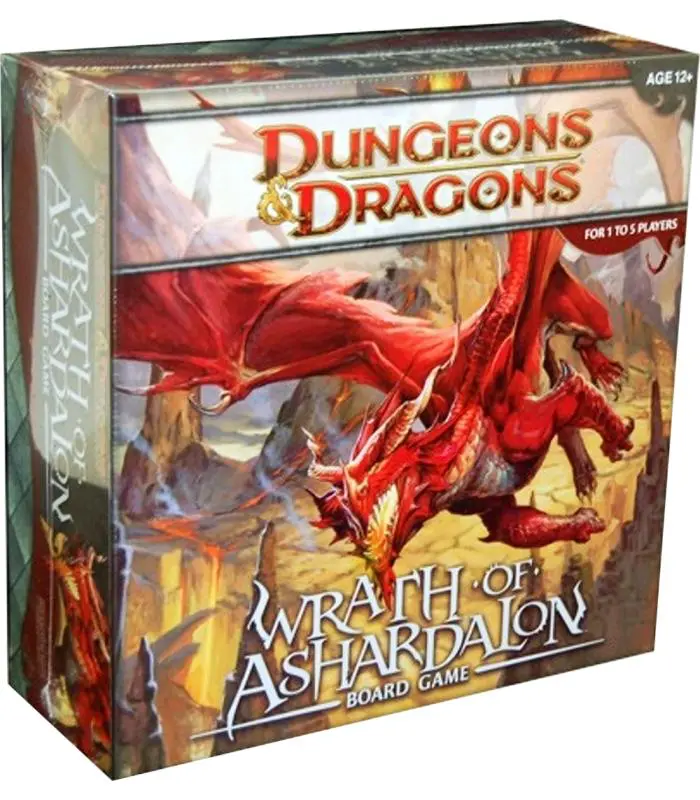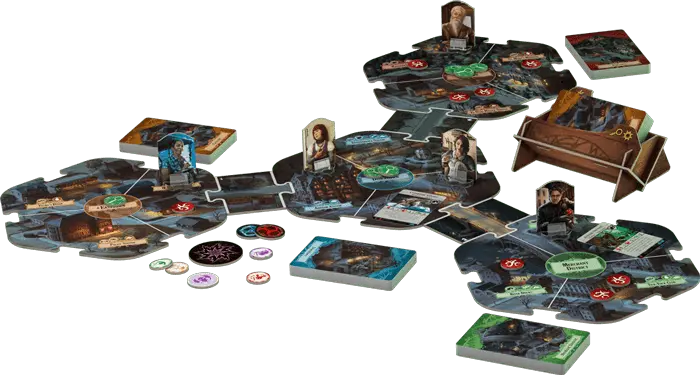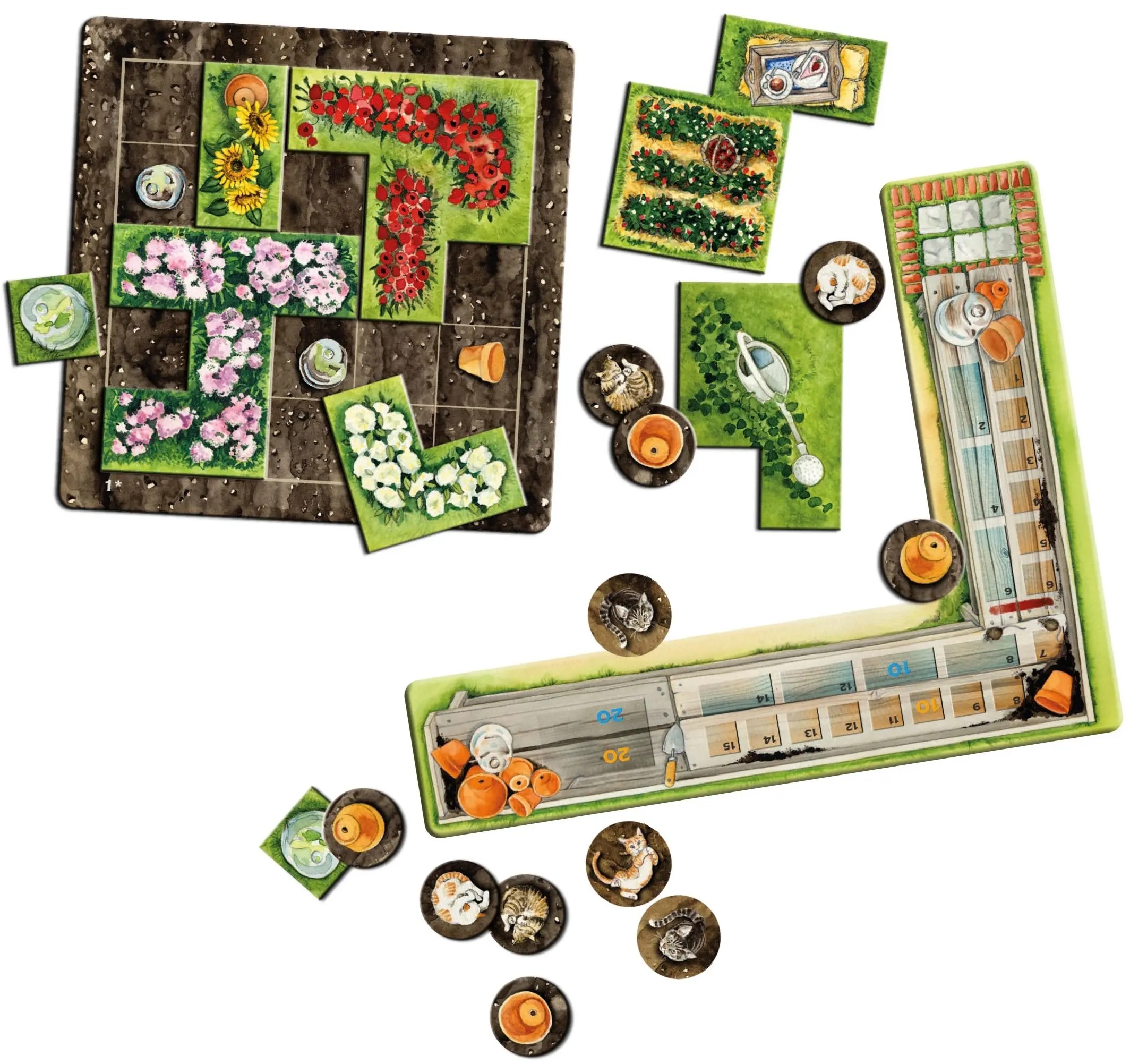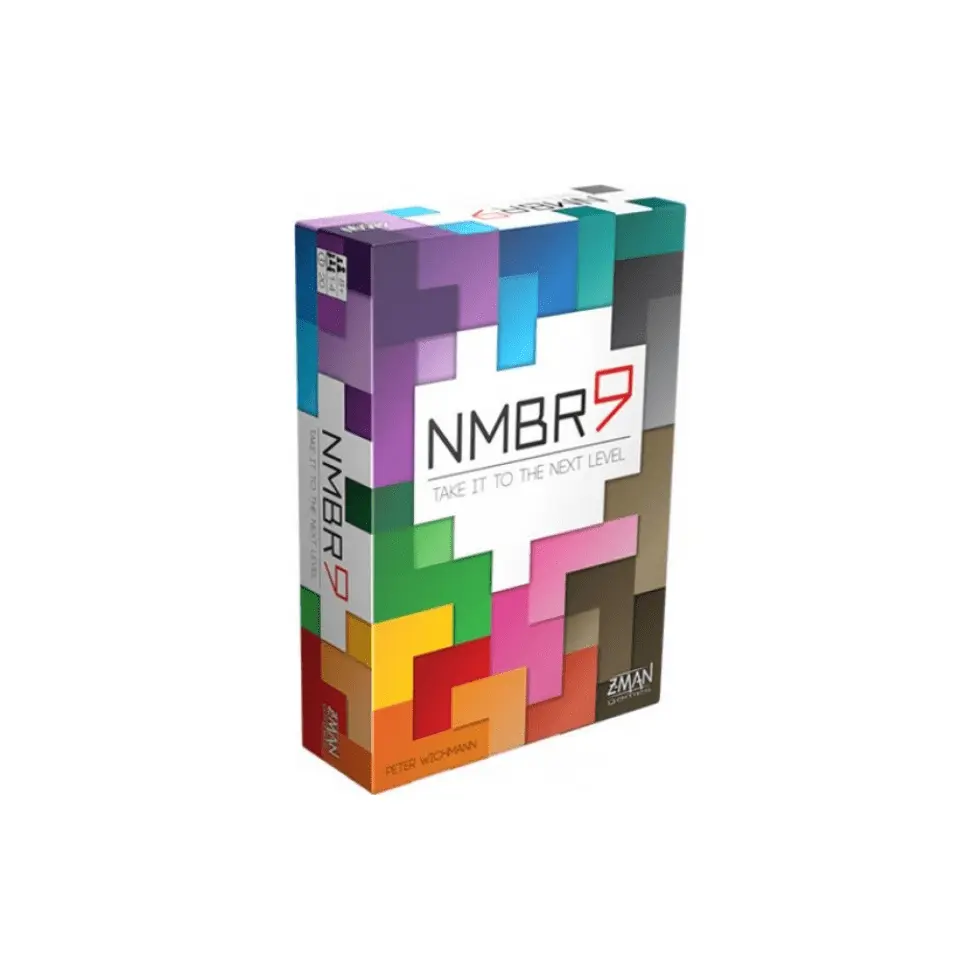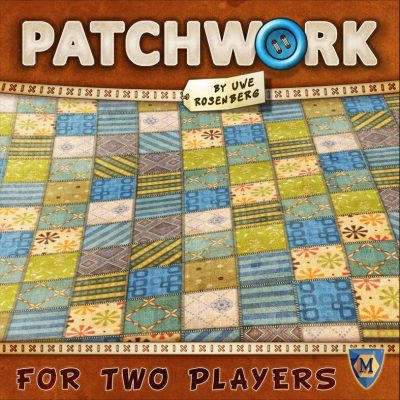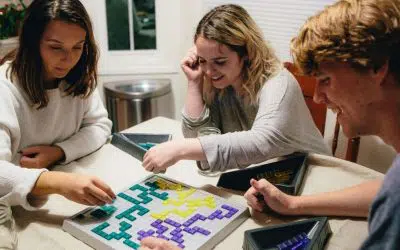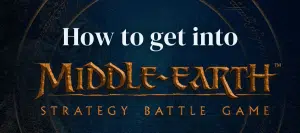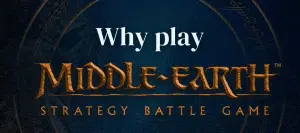TABLETOP 101
Types of games

March 05 2019
We live in a golden era of games where we have access to thousands and thousands of wonderful games and accessories. Some core mechanics can be identified in most games and it is easy to find what you want to play using that knowledge. You can find a short description of said mechanics in our Popular Mechanics in Board Games article. But as we know, mechanics are not the only way of distinguishing between games, as many games are built very differently from each other by the very structure they were built on. So, in order to make things a little clearer, we have put together a list that will help you narrow down quicker the number of games that are worthy of your collection.
1. Wargames
A special type of games that try to simulate battles ranging from small skirmishes to large-scale epic confrontations. Players oversee moving armies across the table top and try to win the battle by outmaneuvering the other armies and striking at the perfect moment and with the correct combination of troops. There is a large spectrum of games here that try to simulate things in detail or just use abstract representations to create the feel of you being a general in charge of an army.
Miniature Wargames
Warning – this is a huge hobby that will take over your life. Representing many different eras and settings, historical or fantasy, using different scales of representation and involving a lot of hand painting, wargames from this category rely on 3D miniatures and terrain to simulate the battlefield. You will be expected to put together plastic or metal miniatures using glue, to paint them by hand, to create a play surface with elements of natural terrain and buildings, to deploy your troops and then spend hours and hours fighting your opponent. Usually, this is the most spectacular and “eye candy” of all the games (when done right) but rules are contained in huge tomes and the learning curve is generally very steep.
If you’re interested in miniature wargames here’s a guide to skirmish miniature wargames, you can join the community, and get your minis painted at one of our miniature painting workshop
Hex & Counter
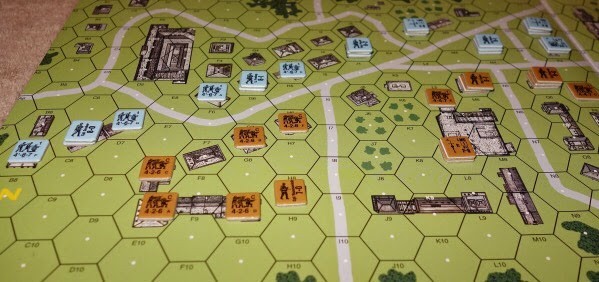
2. LCG & TCG
LCG – Living Card Games
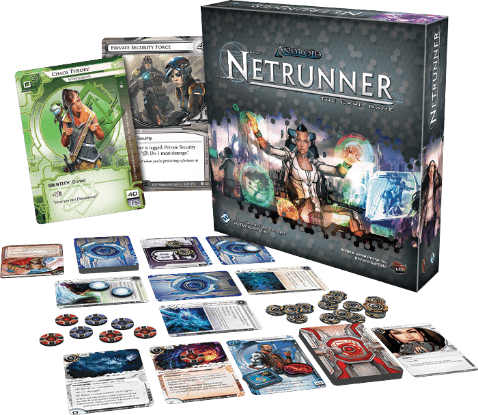
TCG – Trading Card Games
Magic the Gathering, You-Gi-Oh!, Pokemon TCG
3. Boardgames
Euro Games
Ameritrash
Party Games
Coop Games
Abstract Strategy Games
Read more from the blog
Trading Card Games: From Pikachu to Planeswalkers
The captivating realm of Trading Card Games (TCGs) is where strategy, creativity, and camaraderie converge to form an unforgettable gaming experience. In this article, we look at the dynamic world of TCGs, diving into the mechanics of some of the most popular ones, uncovering the stories behind their cards, and spotlighting the vibrant communities they created.
Board Game Gift Guide 2021
Tabletop 101Boardgame Gift Guide 2021 by Serban, Quartermaster @ The Guild Hall December 16th, 2021Picture this: You need to find a gift for a friend of yours and you need to do so fast. You have no clue what to get them, but you know they like board games. What’s the...
10 games you can learn in 10 minutes
Whether you are a person who wants to find some new games to play or you are an avid player who wants to introduce his friends to his favorite hobby, we decided to make a list of whether you are a person who wants to find some new games to play or you are an avid player who wants to introduce his friends to his favorite hobby, we decided to make a list of 10 games you can learn in 10 minutes.

